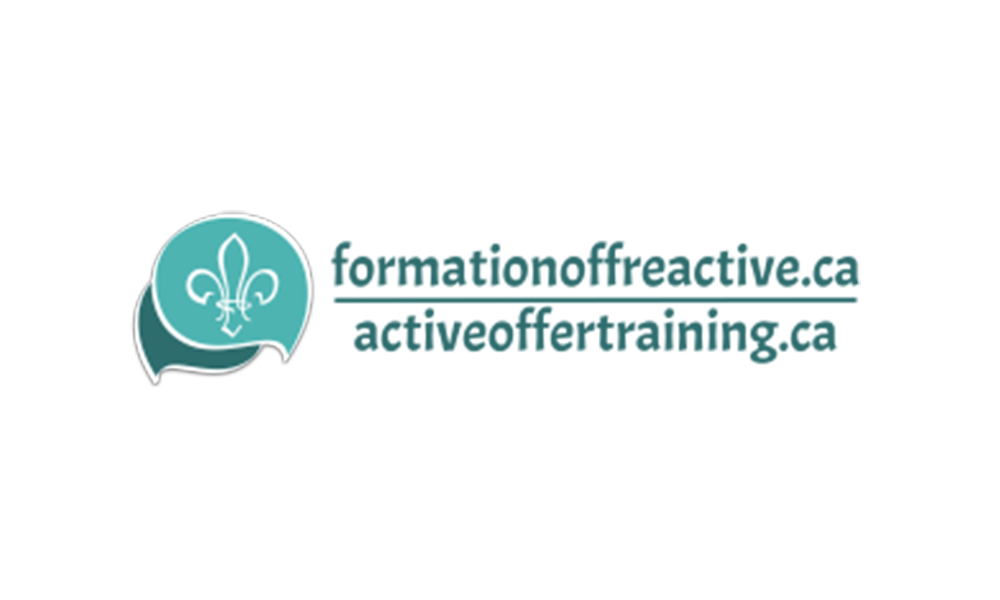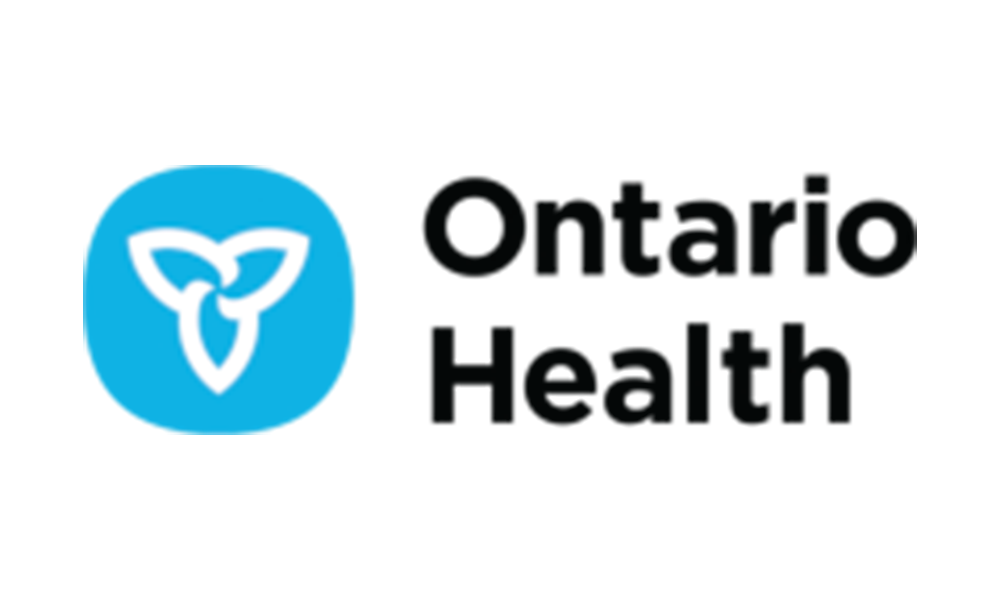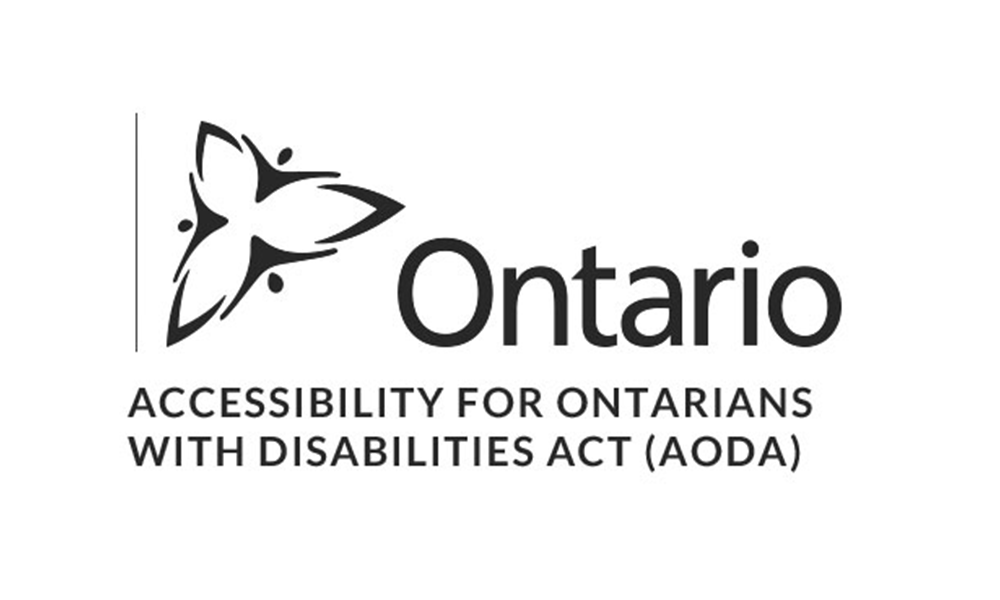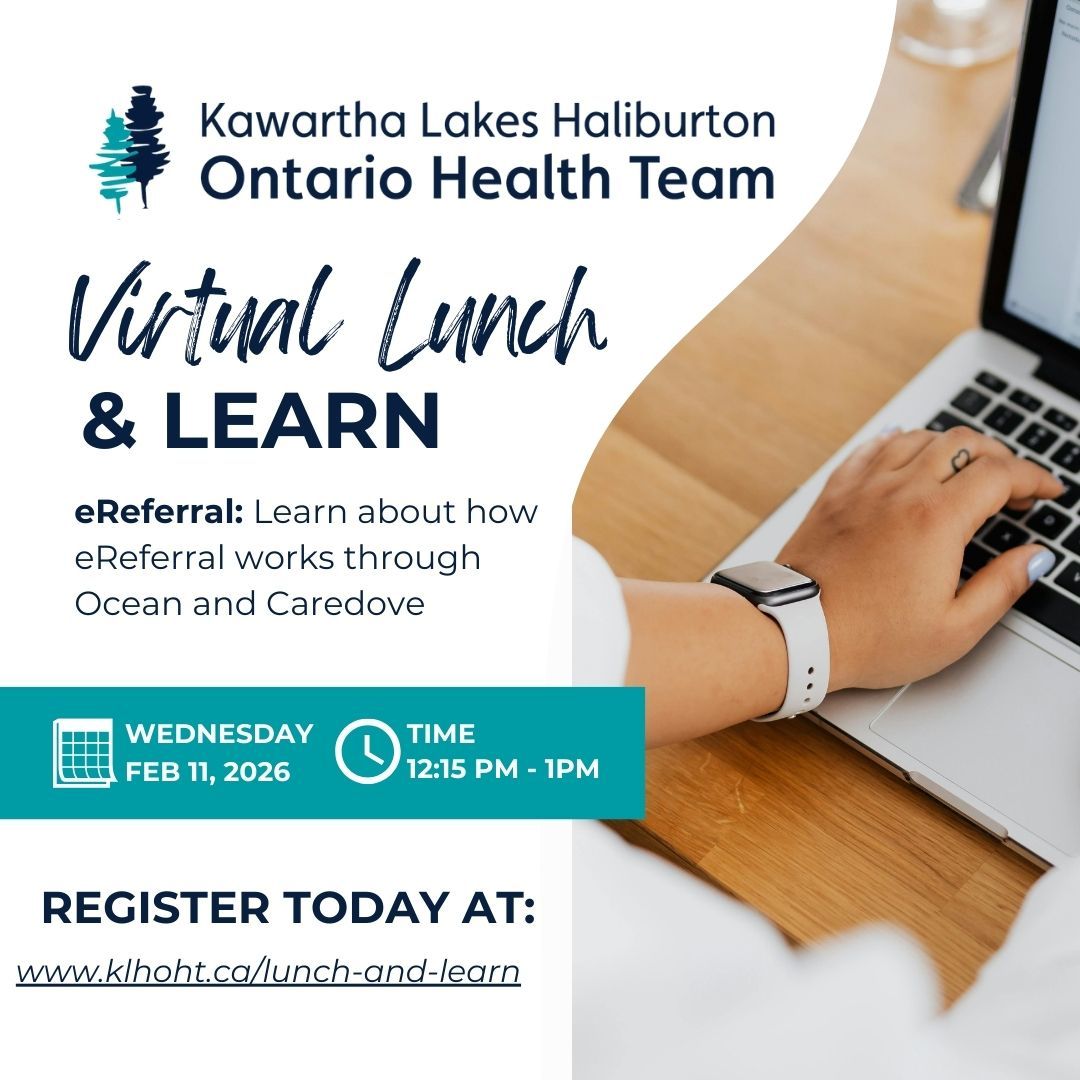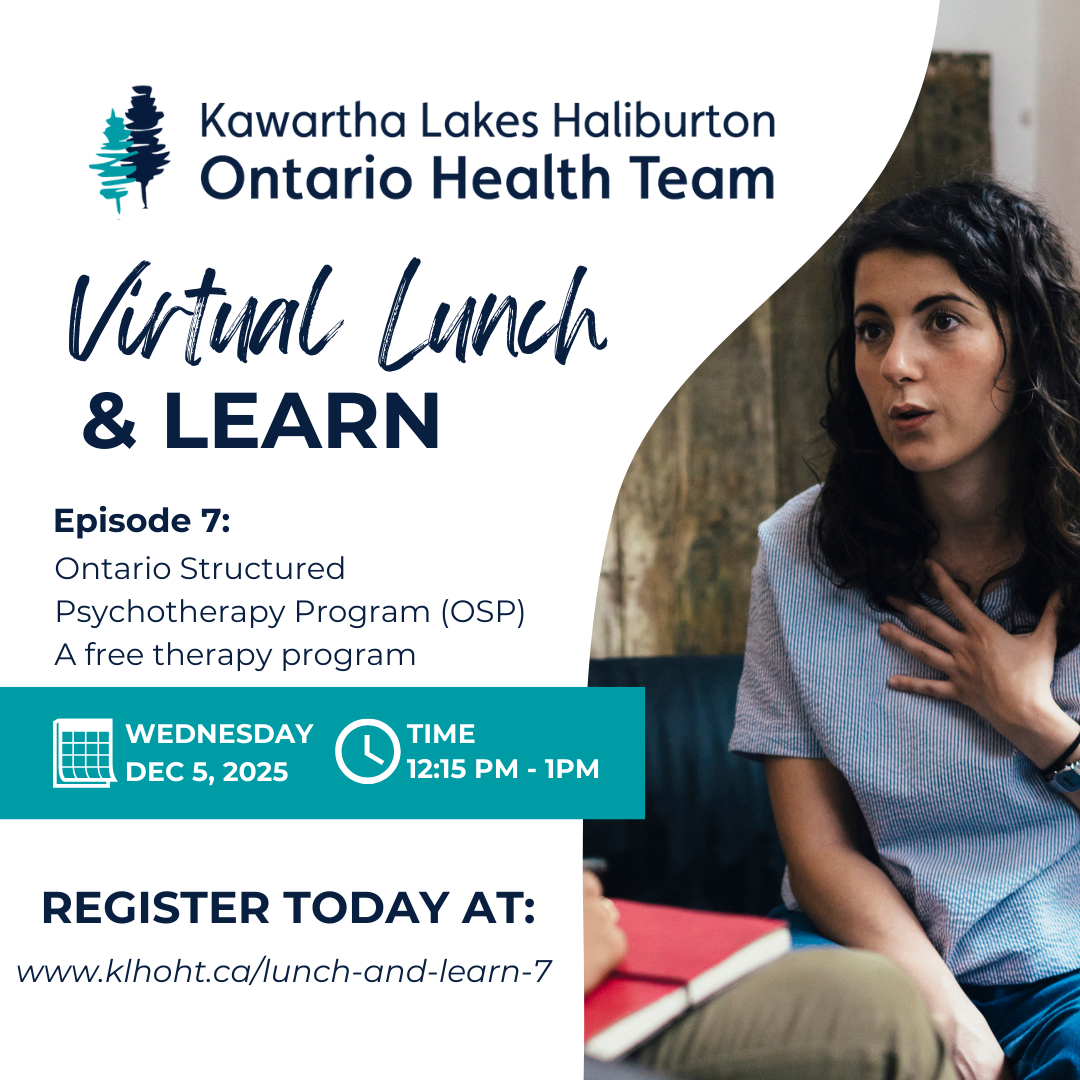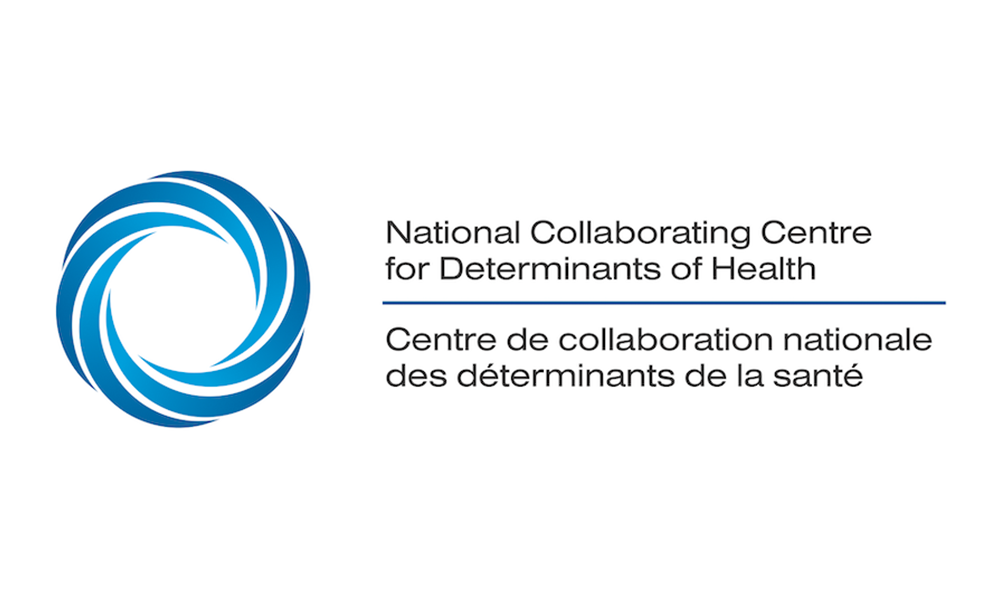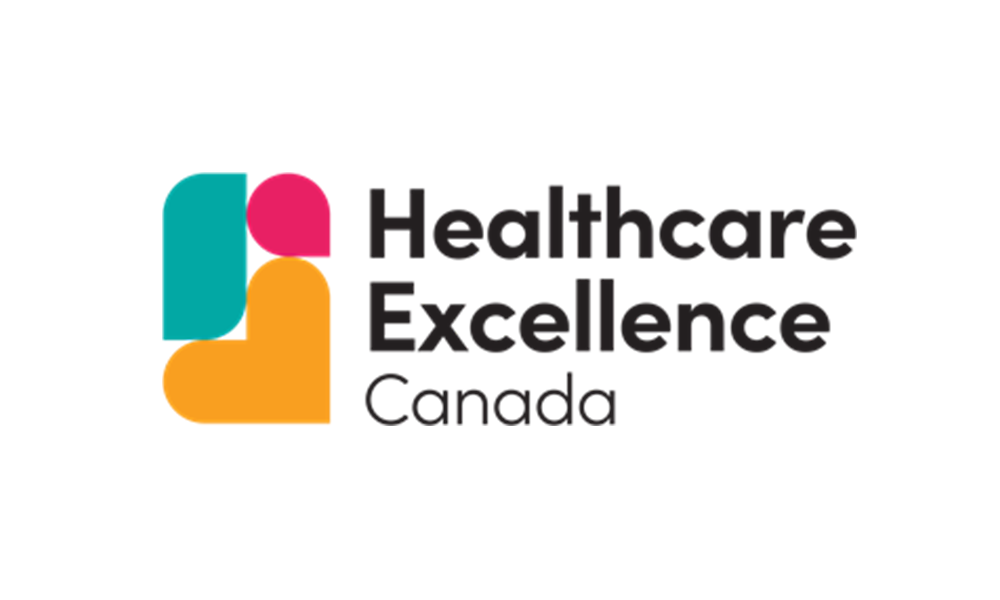City of Kawartha Lakes Ontario Health Team Submits Progress Report to Ministry of Health
Progress report marks the next step toward submitting a full application, designation as approved OHT
Lindsay, Ont. (January 27, 2020) – The City of Kawartha Lakes Ontario Health Team (CKL-OHT) has taken the next step toward designation as an Ontario Health Team by submitting an official progress report to the Ontario Ministry of Health. The report, created in consultation with the many community and patient/caregiver partners, details the Health Team’s readiness to submit a full application.
The progress report serves as an addendum to CKL-OHT’s previously submitted self-assessment and demonstrates the progress the Team has made in patient/client partnerships and community engagement, patient care and experience, digital health, governance, and quality improvement since July 2019 when it was designated as “in development” by the Ministry.
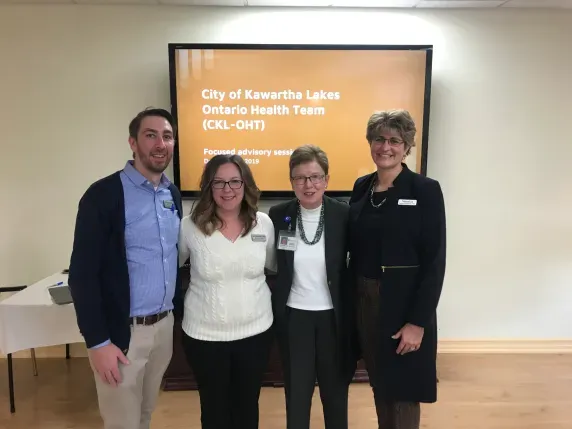
CKL-OHT recently held advisory sessions to ensure that the voices of patients/clients and families were reflected in plans to enhance our local healthcare delivery. The team will host public engagement sessions throughout 2020 across the City of Kawartha Lakes, to seek broader input about the healthcare gaps and challenges experienced in our communities, particularly when it comes to aging and transitioning between home, hospital and community care.
“We’ve partnered with several local healthcare organizations and will continue to look for opportunities to work together with community, health and service providers as we shape our team,” said Veronica Nelson, Interim CEO and President, Ross Memorial Hospital and Co-Lead of CKL-OHT. “Together, we are determined to create a connected and supportive system in the City of Kawartha Lakes.”
“Through collaboration with our partners and the public, we’re confident in our progress toward creating an Ontario Health Team that delivers on its mission to provide connected local care for our community,” said Barb Mildon, CEO, Community Care Health and Care Network and Co-Lead of CKL-OHT. “This report took into consideration the range of expertise from our partners, as well as the thoughtful input we’ve received through our advisory sessions.”
In March, the Team will learn if they are invited to submit a full application to move forward in the next wave of OHTs to receive their designation.
Current partners of the City of Kawartha Lakes Ontario Health Team:
- Ross Memorial Hospital (co-lead)
- Community Care Health and Care Network (co-lead)
- Brock Community Health Centre
- CarePartners
- City of Kawartha Lakes Family Health Team
- City of Kawartha Lakes Family Health Organization
- CMHA Haliburton, Kawartha, Pine Ridge
- Extendicare & Lakeland Village
- Kawartha Lakes Paramedic Service
- Kawartha North Family Health Team
- Patient/Caregiver Partners
Year One Focus
CKL- OHT will focus initially on enhancing coordinated care and services to a target population that includes seniors 65 years and older who live alone or have a poor support network; who are frail, with complex medical needs or are cognitively unwell; and who have been hospitalized within the last year. As the work of the OHT evolves, the target population will expand.
Public engagement sessions will be available on the new CKL-OHT website, launching in the near future. The website will also offer a survey tool for patients, families and service providers to share their feedback.
-30-
Share this Post
More News

